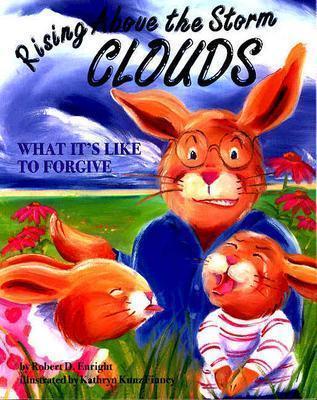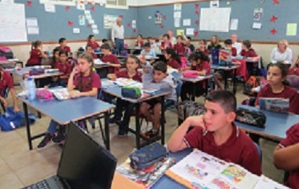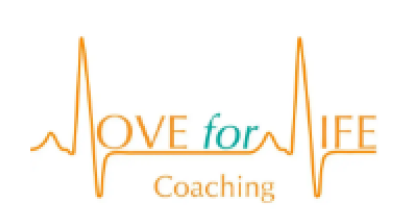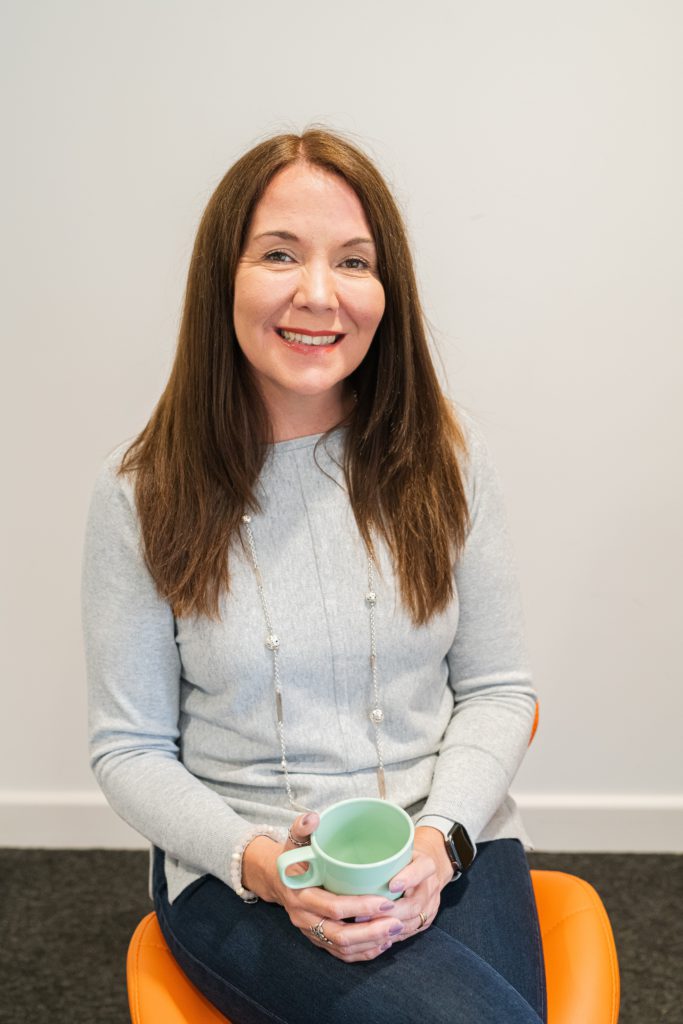Tagged: “forgiveness”
Dr. Enright’s Book Named One of “Best Children’s Books About Forgiveness”
As it nears its 20th anniversary of publication, Dr. Robert Enright’s only children’s book, Rising Above the Storm Clouds: What It’s Like to Forgive, has been selected for inclusion in an exclusive list of “the best children’s books about forgiveness.”
The honor was bestowed on Dr. Enright’s book by Bookroo—the world’s largest website platform dedicated entirely to children’s books. The website, with more than 30,000 children’s books in its curated digital collection, says its goal is “to make it convenient for parents and magical for kids to fall in love with reading!”
 Rising Above the Storm Clouds was written by Dr. Enright in 2003 and was published the following year by Magination Press, the publishing arm of the American Psychological Association. It is a 32-page book crammed with colorful full-page illustrations by Kathryn Kunz Finney, a popular artist and portraitist specializing in children and pets.
Rising Above the Storm Clouds was written by Dr. Enright in 2003 and was published the following year by Magination Press, the publishing arm of the American Psychological Association. It is a 32-page book crammed with colorful full-page illustrations by Kathryn Kunz Finney, a popular artist and portraitist specializing in children and pets.
In the book, a brother and sister who are angry with each other learn from their father the benefits of forgiveness through a series of symbolic images. Together they see what it’s like to forgive and discover that forgiveness can feel good to the forgiver, perhaps even more so than to the one forgiven.
The book also includes a note to parents from Dr. Enright, co-founder of the International Forgiveness Institute (IFI), in which he defines forgiveness, differentiates it from reconciliation, and guides parents in helping their children learn how to forgive. He also highlights in that note why children should learn to forgive:
“Forgiveness has a way of cutting through our angers and resentments to give all involved a fresh start. As you forgive, you are set free from the prison of resentment. As you offer forgiveness to another person, he or she has the chance to begin anew with you, trying to be more civil, more respectful, more kind. Those around you benefit because you are less likely to carry your anger into other situations. You are less likely to displace your anger onto those who don’t deserve it.”
According to Bookroo, children’s literature offers an ideal medium for helping children develop the ability to forgive their friends, family members, and others. That sentiment is echoed by another children’s book website called the Third Hour which is funded by the More Good Foundation. Third Hour has Rising Above the Storm Clouds listed 3rd on its top ten checklist of “books that teach children—from toddlers to tweens—the importance of forgiveness.”
Both the Bookroo and Third Hour websites include these other popular children’s books on their “Best Forgiveness Books” list:
- The Year the Swallows Came Early, Kathryn Fitzmaurice
- I am Extremely Absolutely Boiling, Lauren Child
- Will You Forgive Me?, Sally Grindley and Penny Dann
- Enemy Pie, Derek Munson
- The Forgiveness Garden, Lauren Thompson

Students in more than 30 countries around the world– like these at Mar Elias Elementary School in Ibillin, Israel (near Nazareth) — learn about forgiveness through the IFI’s Forgiveness Education Program.
All those children’s forgiveness books are not only on the best books lists but have also been recognized for their positive moral values by Dr. Enright. Because of that, they are all included as supplemental reference materials in one or more of his Forgiveness Education Curriculum Guides that are available for pre-kindergarten through grade 12 students.
Rising Above the Storm Clouds is incorporated into both the 3rd and 4th grade curriculum guides as part of that IFI Forgiveness Education Program. The book is available in both hard cover and paperback versions for as little as $3.01 (used condition) on various websites including amazon.com, amazon.com.uk, ThriftBooks.com, and ebay.com. It is also available in a 10-minute online video version produced and narrated by Mary Lou Coons, founder of the Puppets for Peace Foundation.
Accredited Life Coach in UK Achieves Perfect Score on Forgiveness Therapy Course
Only two individuals in history have ever compiled perfect scores on Forgiveness Therapy, the clinical training course offered by the International Forgiveness Institute (IFI) for the past 13 years. The latest is a self-described “married mum of 2 teenagers, a dog lover/rescuer, and a martial artist (Tae Kwon Do)” from Buckinghamshire, United Kingdom, who also happens to be a Relationship and Life Coach.
Clare McCaffrey is an International Coaching Federation (ICF) Accredited Life Coach (ACC) who has training as a Transformative Life Coach and a Positive Psychology and Alcohol-Free Coach. She is also a Relationship Counsellor and Personal Trainer with her own private practice that she calls Love for Life Coaching.
“I truly believe that mind and body are both important in overall mental health,” says McCaffrey, who graduated with highest honors from the Forgiveness Therapy course last August. “Forgiveness interventions compliment the other strategies we use to help clients have healthy and happy relationships.”
McCaffrey’s 35-years of experience includes stints as a Personal Trainer (she has her own private gym), a Pilates Teacher, and a counsellor for Relate—a charitable organization with centers across England and Wales that specializes in counselling for individuals and couples, families, and young people.
“I prefer to work with people who really want to change and move forward with their lives,” according to McCaffrey, who works with clients via Zoom or face-to-face in Buckinghamshire which is 50 miles north of London. “I use only clinically proven techniques to help my clients achieve their goals.”
 McCaffrey achieved perfection on the Forgiveness Therapy course by correctly answering all 120 of the multiple-choice exam questions (8 questions for each of the 15 lessons). She completed the course in a 6-month period while working full time.
McCaffrey achieved perfection on the Forgiveness Therapy course by correctly answering all 120 of the multiple-choice exam questions (8 questions for each of the 15 lessons). She completed the course in a 6-month period while working full time.
Forgiveness Therapy, an online CE Course, is based on the book by the same title written by psychologist Dr. Robert Enright, co-founder of the IFI, and psychiatrist Dr. Richard Fitzgibbons, director of the Institute for Marital Healing outside Philadelphia, PA. The course was developed by Dr. Enright and Dr. Elizabeth Gassin, Professor of Educational Psychology at Olivet Nazarene University, Bourbonnais, IL.
Although primarily designed for licensed psychologists, the course has also proven beneficial for ministers, psychiatrists, social workers, nurses, and other professional counsellors who have completed it.
Learn more:
- Read about the Forgiveness Therapy online CE course.
Expert Forgiveness Advice from Media Giants
The 6th-largest newspaper in the US and the country’s most popular weekly supermarket magazine have highlighted the importance of forgiveness in the past few days. The Washington Post and Woman’s World recently ran articles offering advice on how to forgive from forgiveness experts including Dr. Robert Enright, co-founder of the International Forgiveness Institute.
“Moving lessons on forgiveness out of religious spaces and into schools”
This full-length article is featured in the Jan. 27 issue of The Washington Post (a 146-year-old daily newspaper with average weekday circulation of nearly half a million). The article highlights the benefits of forgiveness education work being done by Dr. Enright, one of his research associates Dr. Suzanne Freedman (University of Northern Iowa), and Dr. Frederic Luskin (director of the Stanford University Forgiveness Project).
highlights the benefits of forgiveness education work being done by Dr. Enright, one of his research associates Dr. Suzanne Freedman (University of Northern Iowa), and Dr. Frederic Luskin (director of the Stanford University Forgiveness Project).
“. . .people who forgive are less anxious and angry and have lower blood pressure, improved cholesterol levels and a better quality of sleep,” the article states, citing the published literature. “Studies also show that children who learn how to forgive are better adjusted socially and have higher levels of self-esteem than those who don’t. They even perform better academically.”
Much of the article focuses on Dr. Enright’s forgiveness education work in Northern Ireland, where both public and private schools have been teaching his forgiveness curriculum for the past 21 years. One school, Mount St. Michael’s Primary School, a Catholic school in Randalstown, 23 miles from Belfast, recently paired up with a Protestant school in the same town to offer forgiveness education to a joint class of 7-to-9-year-olds.
“We really need this over here,” St. Michael’s Principal Philip Lavery said. “We teach children how to read and write, but we have to spend more time teaching them how to live, how to be members of a society.”
At Stranmillis University College in Belfast, forgiveness education is a required subject for all students in its teacher training program, where they learn the protocol developed by Dr. Enright and his team at the University of Wisconsin. In a country that has been torn for decades by religious violence, the article concludes, it is only through forgiveness and unselfish love that “we can leave the past behind us.”
Read the full article in The Washington Post.
“Expert Advice: How Can I Stop Beating Myself Up?”
This article appears in the January 26 issue of Woman’s World magazine (circulation 1.6 million). Subtitled “Sometimes it’s harder to forgive yourself than to forgive others,” the article presents “easy ways to silence the self-blame and welcome self-love.”
The article is based on interviews with three mental health specialists the publication calls its Expert Panel:
- Robert Enright, Ph.D., educational psychologist and professor at the University of Wisconsin-Madison;
- Everett Worthington, Ph.D., Commonwealth Professor Emeritus at Virginia Commonwealth University; and,
- Kathryn J. Norlock, Ph.D., author of The Moral Psychology of Forgiveness and an ethics professor at Trent University in Ontario, Canada.
The first (and, arguably, the most important) bit of advice offered in the Woman’s World article is:
Remember You’re Worthy – The very first step to self-forgiveness is simply knowing you deserve it, says expert Robert Enright, PhD. “This doesn’t mean letting yourself off the hook without reflecting on what’s happened; rather, it’s reminding yourself that you’re worthy when you’ve started believing the lie that you’re not.” Just reminding yourself that you deserve this nurturing will begin to transform guilt into self-compassion.
Read the full article in Woman’s World.




